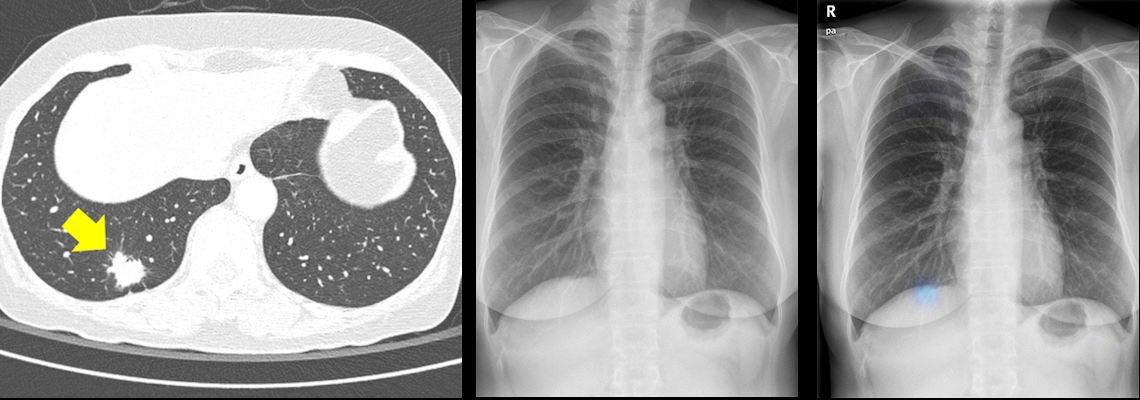Artificial Intelligence ‘Can Help Spot Early Signs of Cancer in Chest X-Rays’

According to a recent study, artificial intelligence can assist in identifying early indications of cancer in chest x-rays. Researchers discovered that a cutting-edge AI technology can distinguish between normal and pathological chest x-rays in a clinical context.
Chest X-rays are used to diagnose a number of heart and lung diseases. A chest X-ray that is abnormal can be a sign of a number of illnesses, including cancer and long-term lung problems. According to scientists, a machine learning technology that can distinguish between normal and pathological chest X-rays will significantly lessen the radiologists’ enormous burden.
Study co-author Dr. Louis Lind Plesner said: “There is an exponentially growing demand for medical imaging, especially cross-sectional such as CT and MRI.
“Meanwhile, there is a global shortage of trained radiologists.
“Artificial intelligence has shown great promise, but should always be thoroughly tested before any implementation.”
The goal of Dr. Plesner and his team’s research was to evaluate the validity of utilising an AI tool that can distinguish between normal and abnormal chest X-rays. They examined the chest X-rays of 1,529 patients from four hospitals in Denmark using a commercially available AI technology.
Chest X-rays from patients who visited the emergency room, hospital patients, and outpatients were included. The AI programme rated the X-rays as “high-confidence normal” (i.e., normal) or “not high-confidence normal” (i.e., abnormal).
The reference standard was two radiologists who were board-certified. In the event of a dispute, a third radiologist was consulted. 120 (28%) of the 429 chest X-rays that were determined to be normal were also determined to be normal by the AI technique. 7.8% of the total number of X-rays might potentially be automated safely by an AI programme.
The AI tool had a 99.1 percent sensitivity rate when it came to identifying abnormal chest X-rays. The most unexpected result, according to Dr. Plesner of the Radiology Department at the Herlev and Gentofte Hospital in Copenhagen, was how sensitive this AI tool was to all types of chest diseases.
Dr. Plesener said the findings, published in the journal Radiology, suggest that the AI model would perform especially well in outpatient settings with a high prevalence of normal chest X-rays.
Picture Courtesy: Google/images are subject to copyright








